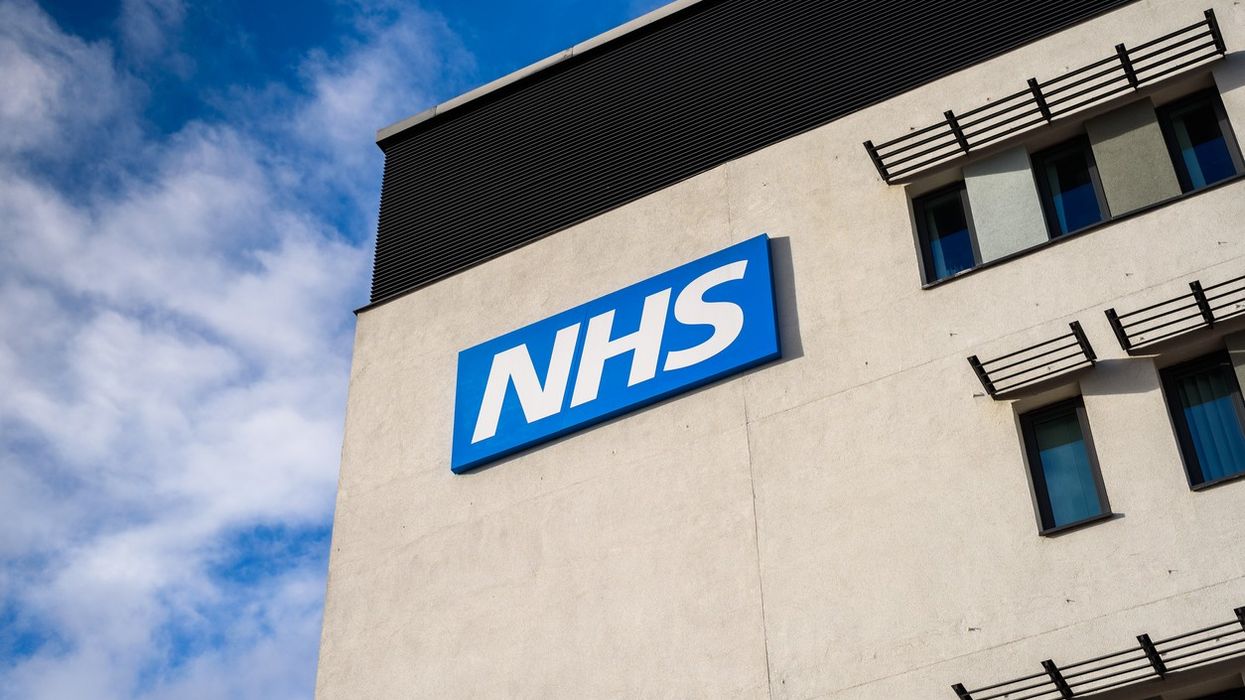By Michelle Riddalls
The coronavirus pandemic has had an enormous impact on all of us. It has affected the way we live, work and care for ourselves.
Throughout this uncertain and challenging time, people have been reassured by the support of community pharmacies. Pharmacists and their teams have been on the frontline of the response, shouldering much of the burden as we navigate our way collectively through the pandemic.
As our doctors and nurses and thousands of other NHS staff have dedicated themselves to looking after those who require hospital treatment, it is our community pharmacists and their teams who have enabled vast numbers to access medicines and practise the self care that has been so vital in our national response to Covid-19.
From last-minute changes to opening hours and staffing levels over Bank Holidays to the supply of over-the-counter medications that consumers sought out at unprecedented levels as the pandemic unfolded, pharmacy teams have taken it all in their stride.
We at PAGB have long argued both that self care should be prioritised by policymakers and that community pharmacies are key to making progress towards that goal.
Those arguments, set out clearly in our 2016 Self Care White Paper, have been firmly underscored by the events of the last three months.
That’s why, when we were invited to give our views to MPs recently as part of their inquiry into Delivering Core NHS and Care Services during the Pandemic and Beyond, we put self care and the role of community pharmacists at the heart of our submission.
Why does self care matter so much? Because the NHS matters so much.
Before coronavirus struck, there were an estimated 18 million GP appointments and 3.7 million A&E visits every year for conditions that could have been self-treated.
As we said in our evidence to the House of Commons Health and Social Care Select Committee, the cost to the NHS – along with that of unnecessary prescriptions for products which could be bought over the counter – is around £1.5 billion a year.
That means if everyone who could care for themselves did so, instead of visiting a GP or A&E, we could free up some £15 billion over the next decade to invest in NHS resources for people who really need them.
The NHS would be less squeezed, more sustainable, better able to look after those with serious and life-threatening conditions.
And why do community pharmacists matter so much, in encouraging and enabling people to self care?
Because self care is not no care. We define it as “the actions that individuals take for themselves with others to protect, maintain and improve their own health or wellbeing”.
We can’t and don’t expect people to know instinctively and without support when they need to see a GP or visit A&E and when they could safely self care.
Just as in other walks of life, we can all improve our self care skills – particularly if we have easy access to reliable, trusted and effective sources of information.
Those sources should include more – and better – digital platforms, such as the online NHS 111 Covid-19 symptom-checker used recently by so many people seeking to ascertain whether they needed medical attention.
But they must also include the thousands of community pharmacies who are too often overlooked by the public and policymakers alike.
There are more than 11,600 community pharmacies in England alone. Almost nine out of ten people (89 per cent) live within a 20-minute walk of a community pharmacy. In the most deprived areas of the country, that figure rises to 99 per cent.
Combine that level of accessibility with the knowledge and expertise of the community pharmacist and you already have two of the ingredients necessary to transform our national approach to self care.
However, if we are to embed the positive changes we have seen during the coronavirus crisis in people’s approach to self care, and avoid a return to millions of unnecessary GP appointments and A&E visits, policies need to be put in place to truly empower community pharmacists to make the most effective possible contribution to our health system.
The role they can play has already been enhanced in recent months by the roll-out of the Community Pharmacy Consultation Service in England, which allows NHS 111 to refer patients to a community pharmacist.
We want the Government to build on this step and implement three changes that will ensure community pharmacists’ expert training, experience and real-world understanding is utilised fully and properly to encourage self care.
Firstly, community pharmacists should be allowed to write in people’s medical records to improve consistency and continuity of care, as well as to increase public confidence in pharmacists’ expert role.
Secondly, they should be able to refer people on to other healthcare professionals where appropriate, so that anyone visiting a pharmacy knows they will leave with either the advice or products they need to manage their symptoms, or an appointment to see another healthcare professional.
And finally, the role of the community pharmacist should be the focus of a national public health campaign to prioritise self care messaging, signpost reliable online information and highlight the role of the pharmacy as the first port of call for self-treatable conditions.
As set out in PAGB’s evidence to the Health and Social Care Select Committee, we have a unique opportunity after the immediate crisis of the coronavirus pandemic to embed self care behaviour in a sustainable way.
If we harness the power of community pharmacy, we can seize that opportunity with both hands.
Michelle Riddalls is Chief Executive at PAGB, the consumer healthcare association.
This article also appears in our latest print edition.











